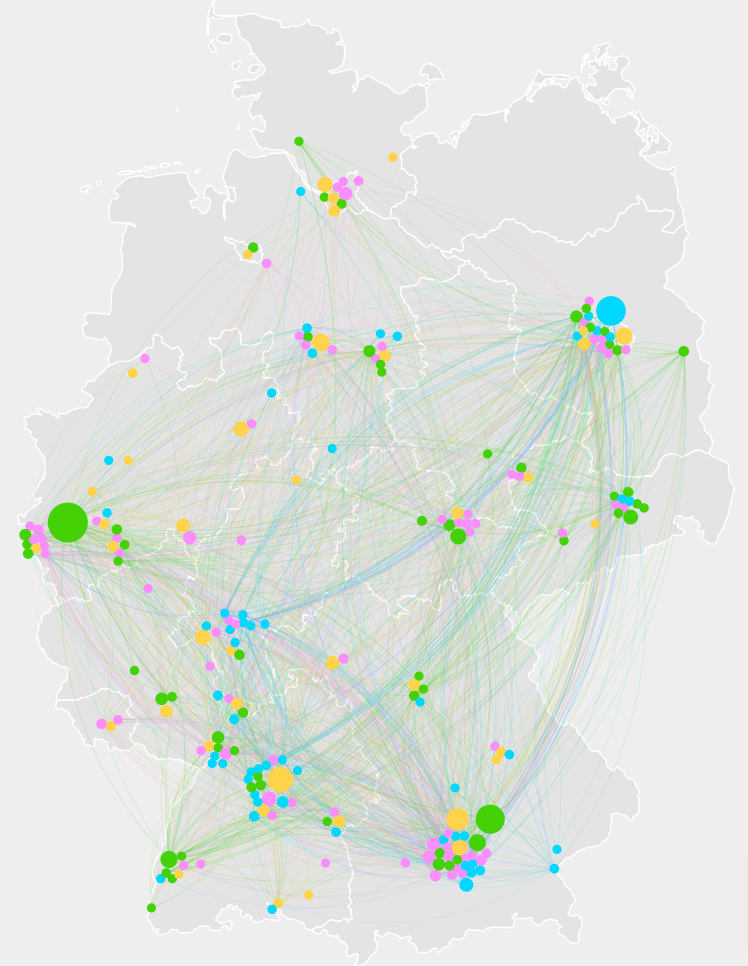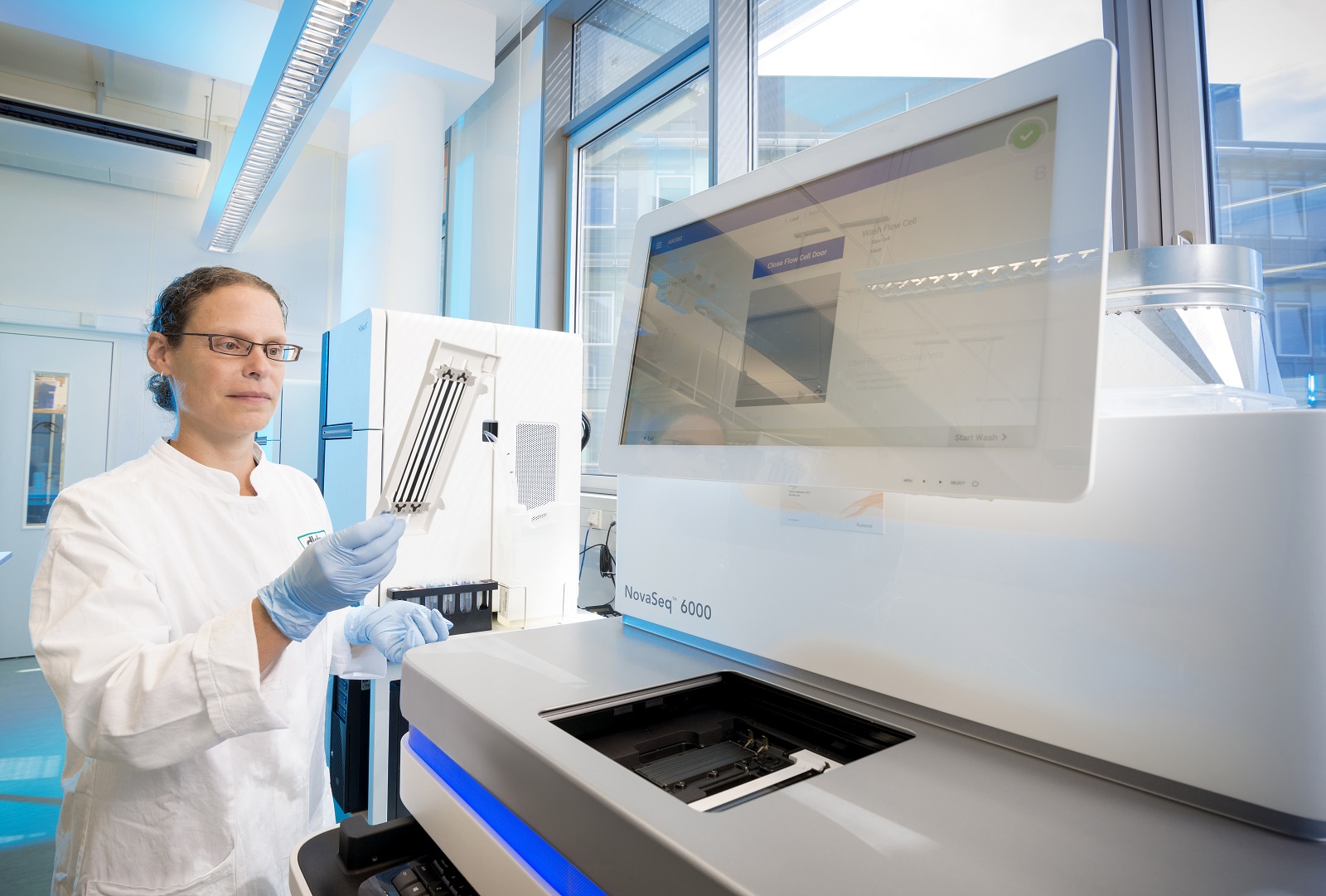The Fraunhofer-Gesellschaft has set itself the task of researching the diverse potential of quantum computing for economic and scientific applications. To this end, a national network based on regional Competence Centers was founded in 2020: The Fraunhofer Competence Network Quantum Computing.
Each of the nine Competence Centers is made up of several Fraunhofer Institutes and has its own research focus in the field of quantum computing. The common goal is to research and develop new technological solutions in the field of quantum computing.
The Fraunhofer Competence Network stands for the development of a quantum ecosystem and for intensive networking - within the Fraunhofer-Gesellschaft as well as with partners and customers from research and industry. The participating Fraunhofer Institutes serve a broad spectrum of application fields: Logistics, the chemical and pharmaceutical industries, the financial and energy sectors, materials science, IT security technologies and many more. Whether you are new to quantum computing or an expert, the Fraunhofer Institutes' services are aimed equally at beginners who want to find out about quantum computing in general and make initial contacts, as well as experts who are looking for partners for specific research questions and projects.
The office of the Competence Network at the Fraunhofer headquarters in Munich forms an overarching bracket around the various regional activities. Among other things, contacts to suitable Fraunhofer experts for your problem are arranged here.




